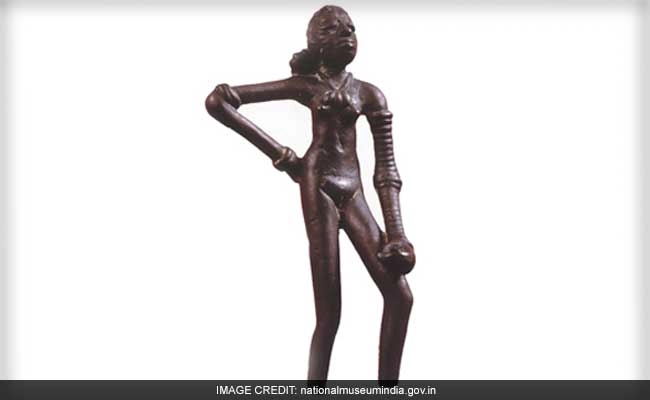The recent imposition of a 50% tariff on Indian goods by the United States has drawn sharp criticism from China, with the Chinese envoy labeling the move as “unfair and unreasonable.” This tariff is part of a broader trend in which the U.S. has sought to protect its domestic industries and address perceived imbalances in trade relationships. The envoy emphasized that such measures could exacerbate tensions not only between the U.S. and India but also in the wider international trade landscape.
China’s reaction underscores the complexities of global trade dynamics, particularly in the context of U.S.-China relations. Beijing has consistently advocated for free trade and has criticized protectionist policies that it believes harm global economic stability. The Chinese envoy’s comments reflect a growing concern that unilateral trade actions by the U.S. could lead to retaliatory measures from affected countries, ultimately resulting in a more fragmented and adversarial global economy.
Furthermore, the envoy pointed out that the tariff could hinder cooperation between nations, particularly in addressing shared challenges such as climate change and economic recovery post-pandemic. He argued that the global economy functions best when countries work together, rather than resorting to punitive measures that can lead to trade wars. The Chinese perspective suggests that collaboration is essential for achieving sustainable economic growth, and that tariffs only serve to undermine this goal.
In conclusion, the 50% tariff imposed by the U.S. on Indian goods has prompted a strong response from China, highlighting the tensions present in international trade politics. As countries navigate the complexities of their economic relationships, the call for dialogue and cooperation becomes increasingly critical in preventing further escalation of trade disputes. The Chinese envoy’s remarks serve as a reminder of the interconnected nature of the global economy and the potential consequences of protectionist policies.




